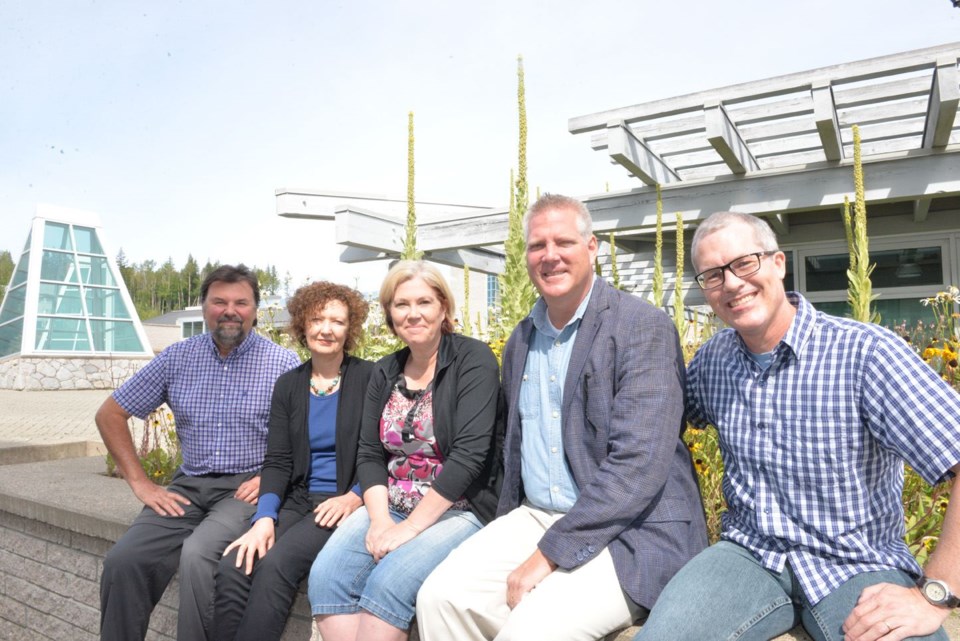A book for the north by the north takes on the impact of globalization on resource communities - and contrary to common narratives, it is not a passive recipient to the process.
"When we talk about globalization as a phenomenon we usually talk about it in the context of big cities, big urban spaces," said Gary Wilson, one of the six University of Northern B.C. professors to collaborate on the project over the past eight years.
That's a flawed concept, he argued, and one that became increasingly apparent over the years to the researchers.
"There's this sort of sense that unlike big cities, small places have no control over what goes on when in fact what we found yes, the region is globalizing and there's lots of decisions being made in corporate head offices and capital cities outside of the region but at the same time there's communities and people and municipalities that are really trying to control the process and have a say."
In Resource Communities in a Globalizing Region Wilson and his co-authors reject the premise that resources communities have to "just deal with the consequences of globalization" without any control over that whole process.
"There's a sense of agency that people living here too can be agents of globalization and can try to benefit from these changes or oppose them."
The professors, ranging from anthropology, economics and political science, took on that gap in research.
It also looks at how governments, aboriginal people, organized labour, NGOs, and the private sector are adapting to, resisting and embracing change.
"We, coming from northern B.C., felt that it was time that we started focusing on the smaller places. How are small communities coping with globalizing?" said Wilson.
Each of the authors has spent more than 15 years in the region, said Wilson, which provides a localized nuance to the research.
"We're all very much embedded in the region in our own personal lives but also our academic lives too. We've spent (years) researching politics and economics and so on in the north," said Wilson, a political science professor. "The book offers an interdisciplinary perspective on a lot of these issues. A political scientist might see globalization in a little bit of a different light than an economist or an anthropologist but we bring all those to bear in the book and I think that strengthens the book."
The book is funded primarily through the Social Sciences and Humanities Research Council.
The book offers a historical overview of the region, stretching back to the fur trade, but the focus of the book is the "wave" of neoliberal globalization since 1980.
"Neoliberalsim advocates that government should step back and not control the economy. In recent years we've seen governments actually stepping up, even Prime Minister (Justin) Trudeau's infrastructure spending is an example," Wilson said.
"Neoliberalism exists as an overarching philosophy but it's not necessarily the only philosophy."
The authors are launching the book with a comprehensive overview at UNBC today from 4 to 5:30 p.m. in room 10-4044.
Other UNBC authors include economist Fiona MacPhail, political scientists Tracy Summerville and John Young and the late Jim McDonald from the Anthropology Department.
The book is dedicated to McDonald and all royalties from the sale of the book will go to a fund in his memory.



